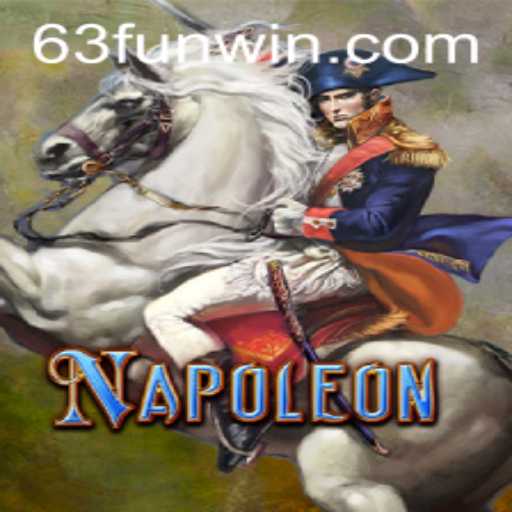The Classic Card Game Napoleon: A Strategic Adventure
In the realm of classic card games, few hold a storied past quite like Napoleon. A game steeped in strategy and decision-making, it's both a tribute to the remarkable era of the French military leader it's named after and a testament to the timeless appeal of strategic gaming. Known for its intricate rules and engaging gameplay, Napoleon has been captivating players for generations. With the recent rise in interest towards board and card games as a means of digital detox, Napoleon has made a remarkable comeback. This article will delve deep into the game’s description, rules, contemporary relevance, and its role in today's gaming culture.
The Historical Charm of Napoleon
The game Napoleon is believed to have its roots in the 19th century, a time when card games were a popular pastime across Europe. The game’s name pays homage to Napoleon Bonaparte, drawing parallels between the strategic prowess required on the battlefield and at the card table. It is played with a standard deck of 52 cards and usually involves four to six players. Each player is dealt five cards, and the aim is to win tricks or rounds, reminiscent of other trick-taking games like Whist or Bridge.
Unraveling the Rules of Napoleon
The gameplay commences with the selection of a dealer, who distributes five cards to each player. A round in Napoleon is characterized by declaring the number of tricks each player aims to take, followed by a competitive exchange of bids. The player with the highest bid becomes the ‘Napoleon’ for that round, positioning themselves at a strategic advantage. The rules allow Napoleon to dictate the trump suit, setting the tone for the ensuing battle of wits. The challenging part lies in predicting the moves of opponents and deploying cards judiciously to secure the declared number of tricks without losing too many of their own.
The Role of '63fun' in Modern Gaming Culture
In recent years, card games like Napoleon are experiencing a resurgence, thanks in part to platforms such as 63fun that foster an enthusiasm for traditional games among a digital-savvy generation. Such platforms bridge the gap between the old and the new, transforming classic card games into accessible formats that can be enjoyed online with friends or strangers. By integrating leaderboards, achievements, and interactive tutorials, 63fun encourages a new wave of card enthusiasts to dive into games like Napoleon that require both luck and acumen.
The Strategy Behind the Game
Strategically, Napoleon is about balancing risk with reward. The success in this game largely hinges on the player's ability to anticipate their opponents' moves while concealing their plan. The art of overbidding or underbidding plays a crucial role, and expert players often bluff to steer the game in their favour. Each round invites a dance of diplomacy and deception as players bid against their limits, all while striving to honour the unspoken etiquette of the card table.
Connecting Napoleon with Contemporary Events
As we witness a resurgence in the popularity of card games amidst today’s digitally dominated society, games like Napoleon provide a welcomed reprieve. The pandemic era highlighted a collective return to simpler pastimes, offering a nostalgic escape and fostering social connection despite physical distances. Recent studies underscore the cognitive benefits associated with such games, noting their potential in enhancing mental agility and social skills.
The game’s resurgence is also notable in educational settings, where institutions implement card games like Napoleon to teach strategic thinking and probability. This blending of education with entertainment (“edutainment”) speaks volumes about the game’s adaptability and its potential to transcend entertainment alone.
Final Thoughts on the Unyielding Appeal of Strategy Games
Napoleon, beyond its rich historical context and stringent set of rules, exemplifies the enduring allure of strategy games. Its emergence in modern digital formats, championed by platforms such as 63fun, underscores a broader trend in gaming where tradition meets innovation. As players continue to discover the many layers of strategy embedded within, Napoleon remains a beacon for those seeking intellectual challenge combined with the thrill of competition.
The legacy of Napoleon is a testament to its place in the world of card games—inviting new generations to experience the strategic depth and camaraderie that only a game of its calibre can deliver.








